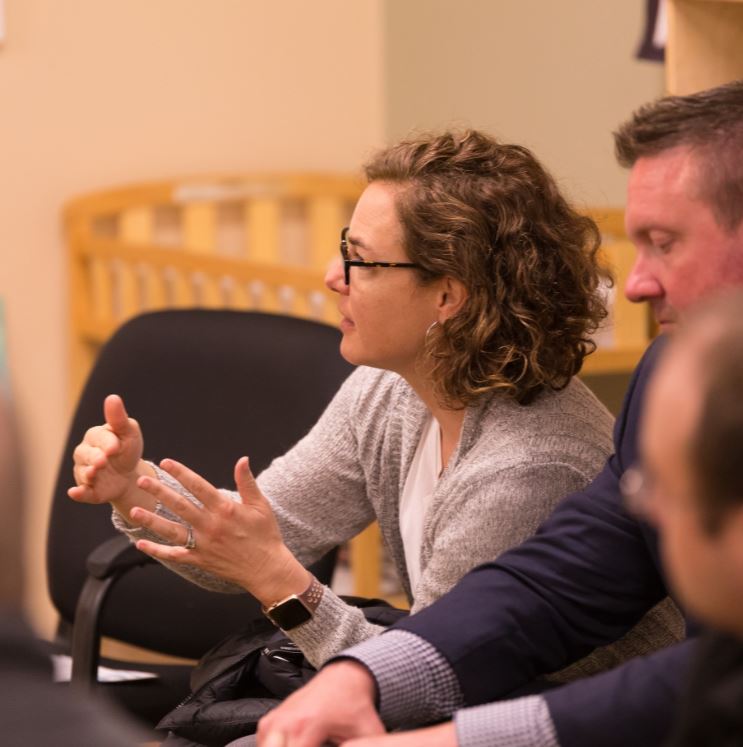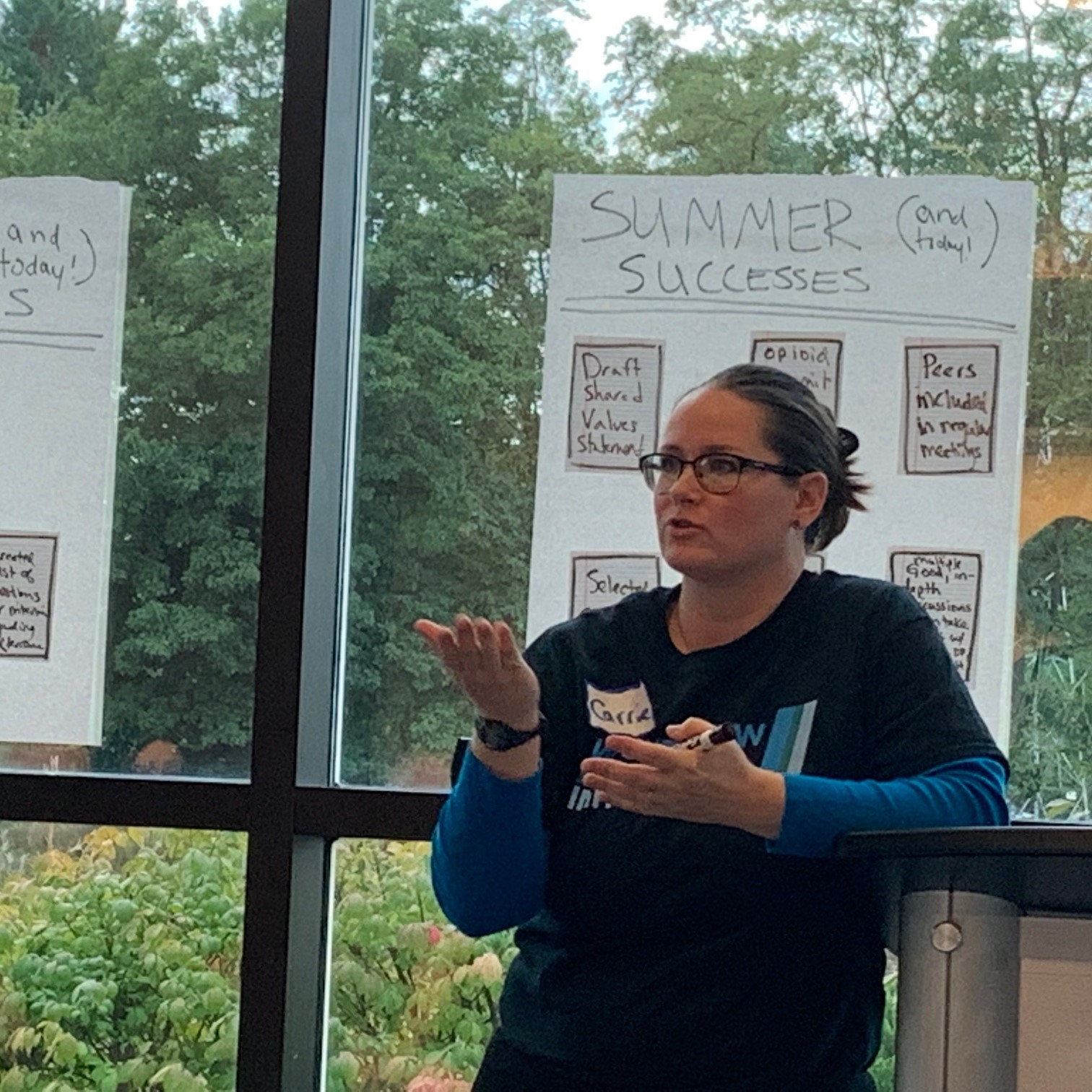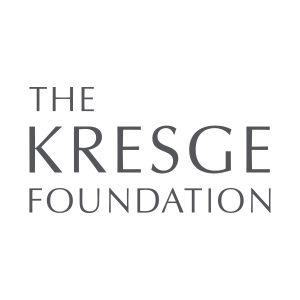
Michigan is taking a step towards improving the delivery and management of healthcare services for Medicaid beneficiaries by establishing a new Medicaid Transformation Office. This initiative will focus on developing innovative strategies to address health disparities, increase access to care, and improve health outcomes for Michigan’s residents.
Marianne Udow-Phillips, CHRT’s founding executive director, shares her reaction to Michigan’s proposal to create a new Medicaid transformation office to move Medicaid toward a more value-based reimbursement system.
“The Michigan Medicaid program now performs pretty well on the cost side of the equation, but where are those areas for improvement?” asks Udow-Phillips. “We do not do well on infant mortality. It is good for the state to explore that . . . With long term care, (MDHHS) doesn’t have enough resources to track how well they are doing with home and community-based services supports. This would help people qualify for available programs to keep seniors out of nursing homes.”
The article by Jay Greene further explains that Michigan’s Department of Health and Human Services is focusing on modernizing the way that Medicaid uses tax dollars to improve quality, reduce costs, and address factors that cause patients to do poorly in the healthcare delivery system.
READ THE CRAIN’S DETROIT BUSINESS STORY HERE
Summary by Mary Herran











 Recently, our research and evaluation team sat down for a 2020 work-planning meeting, and we asked ourselves, “what did we want to accomplish in 2020?” As our conversation focused on the year ahead, it also led me to think about the last ten years of
Recently, our research and evaluation team sat down for a 2020 work-planning meeting, and we asked ourselves, “what did we want to accomplish in 2020?” As our conversation focused on the year ahead, it also led me to think about the last ten years of 
 “The new study also suggests using hearing aids might help delay the onset of dementia in some people, and it’s the largest study to date to look at this possible connection.”
“The new study also suggests using hearing aids might help delay the onset of dementia in some people, and it’s the largest study to date to look at this possible connection.”
 “The biggest challenge that ER docs have is that if somebody is ready for treatment, there’s not a place for them to go. Treatment can be different things for different people.”
“The biggest challenge that ER docs have is that if somebody is ready for treatment, there’s not a place for them to go. Treatment can be different things for different people.”
 The Kresge Foundation has awarded $1.5 million in grants to five organizations across the nation to enhance their efforts to integrate their health and human services systems and create more seamless, person-centered experiences for individuals and families seeking support in cities across the country.
The Kresge Foundation has awarded $1.5 million in grants to five organizations across the nation to enhance their efforts to integrate their health and human services systems and create more seamless, person-centered experiences for individuals and families seeking support in cities across the country.